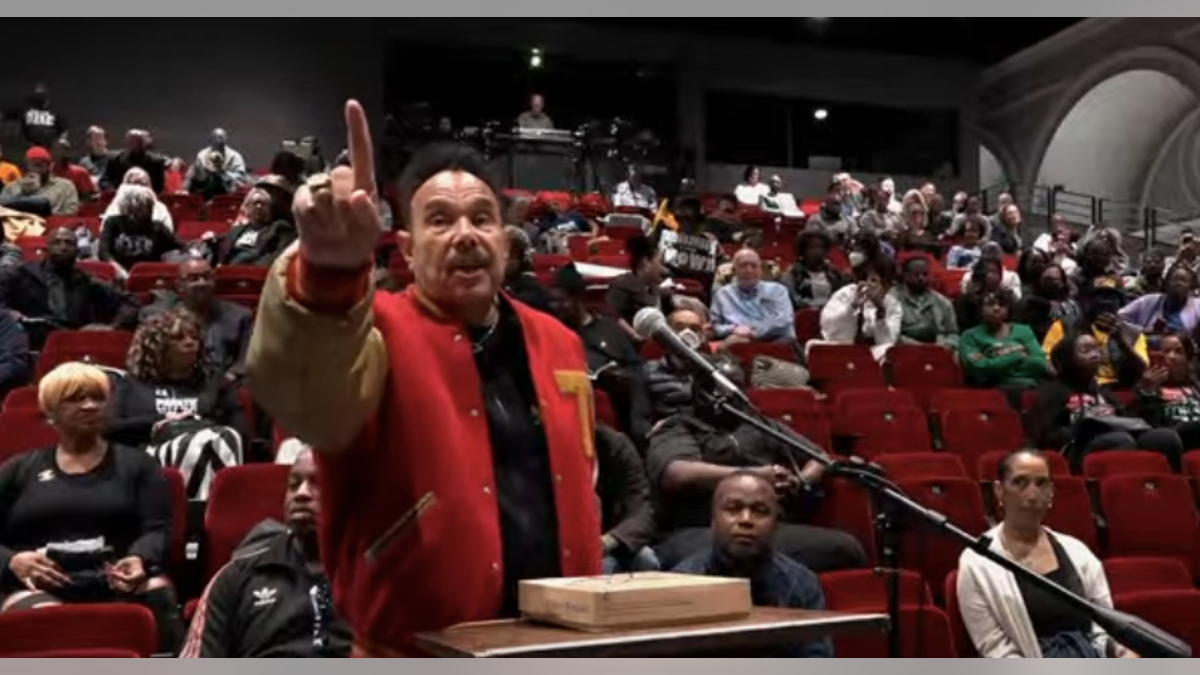In a controversial move, the California Reparations Task Force has recommended decriminalizing so-called "public disorder offenses" such as public urination, illegal camping, and minor trespassing. The task force argues that these offenses disproportionately affect vulnerable populations like the homeless and those experiencing mental health crises, and that police intervention often leads to excessive force, particularly against Black individuals.
This recommendation is part of a comprehensive final report, exceeding 1,000 pages, which outlines proposed reparations for slavery in California. The report suggests that instead of law enforcement, a public health and safety institution without arrest powers should handle these infractions. It further proposes that individuals previously arrested or prosecuted for such offenses should be entitled to financial compensation.

The report stops short of specifying a monetary amount for reparations, although it emphasizes the need for significant compensation. This recommendation echoes sentiments previously expressed by former San Francisco District Attorney Chesa Boudin, who pledged not to prosecute such quality-of-life crimes during his 2019 campaign. Boudin's approach was met with public backlash and ultimately led to his recall in 2022.

The task force's proposal has sparked debate and criticism, with some questioning the implications of decriminalizing such behaviors. The task force has not yet provided further clarification on their reasoning.
Comments(0)
Top Comments